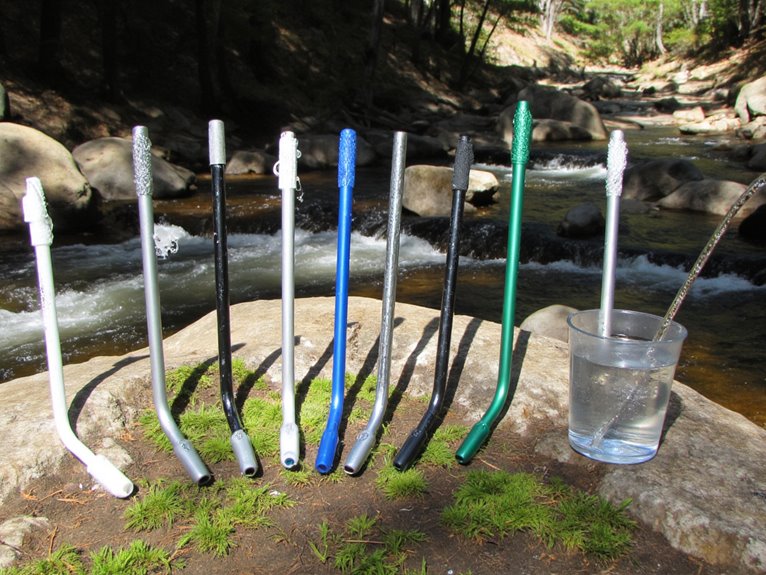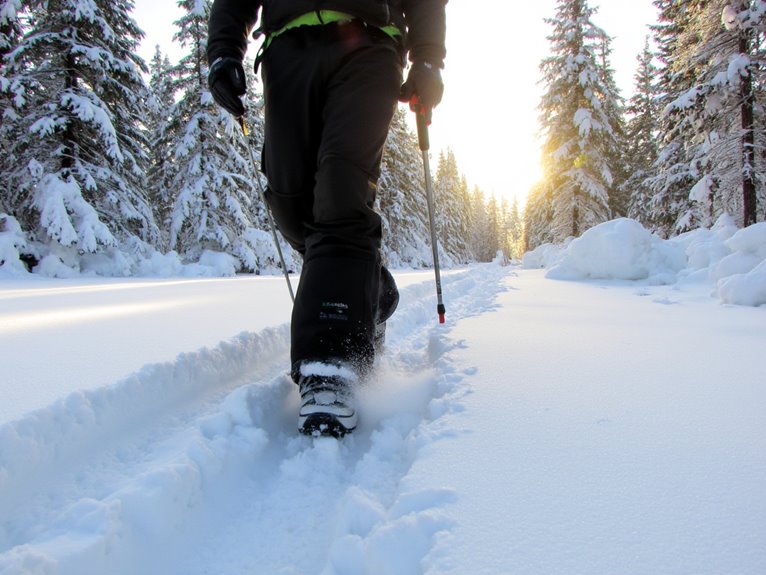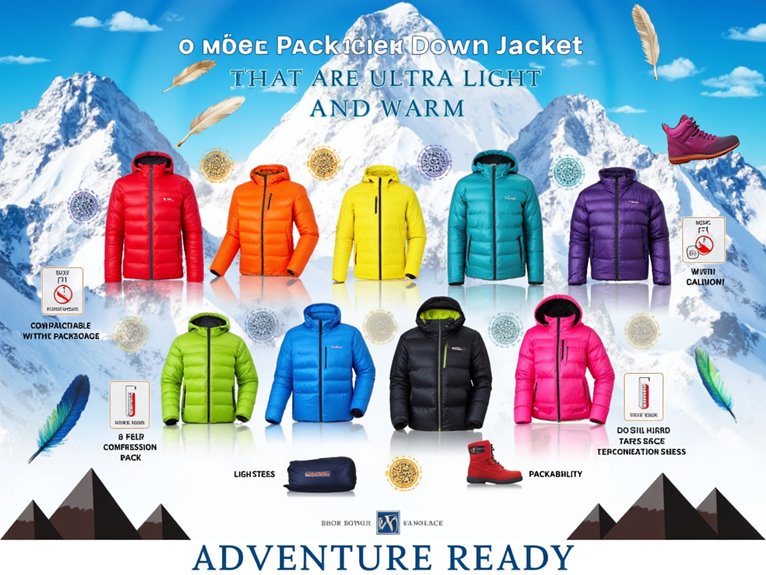Why Are Canvas Tarps so Expensive?
Canvas tarps are expensive due to the high-quality materials used, such as top-tier canvas materials that range from $15 to $30 per square yard. Reinforced edges and hemming, as well as advanced waterproof coatings and treatments, add to the cost. Heavy-duty thread and stitching provide added strength, while customization and sizing options cater to specific needs. The combination of premium materials, expert craftsmanship, and specialized treatments results in a durable and long-lasting product. As you delve into the world of canvas tarps, you'll uncover the intricate details that justify their higher price tags.
We are supported by our audience. When you purchase through links on our site, we may earn an affiliate commission, at no extra cost for you. Learn more. Last update on 15th January 2026 / Images from Amazon Product Advertising API.
High-Quality Canvas Material Costs
High-quality canvas tarps are often characterized by their premium materials, which can substantially impact the overall cost, with top-tier canvas materials typically ranging from $15 to $30 per square yard, depending on the weight, weave, and treatment of the fabric.
The quality of the canvas material is a significant factor in determining the final price of the tarp. Heavy-duty canvas materials, for instance, are more expensive due to their increased durability and resistance to harsh weather conditions.
Additionally, specialized treatments, such as waterproofing or UV resistance, can further increase the cost of the canvas material.
As a result, high-quality canvas tarps often come with a higher price tag, reflecting the superior quality of their materials.
Reinforced Edges and Hemming
Beyond the quality of the canvas material, the craftsmanship of a tarp is also reflected in its reinforced edges and hemming, which play a critical role in preventing wear and tear.
A well-made canvas tarp will have reinforced edges that are sewn with a strong thread, ensuring that the fabric does not fray or unravel.
The hemming process involves folding the edges of the canvas over multiple times and sewing them in place, creating a robust seal that prevents water from seeping in.
This attention to detail requires skill and time, contributing to the overall cost of the tarp.
The result is a durable and long-lasting product that can withstand harsh weather conditions and heavy use.
Waterproof Coatings and Treatments
A canvas tarp's ability to repel water and prevent moisture damage is substantially boosted by the application of waterproof coatings and treatments, which serve as an additional layer of protection against the elements.
These coatings and treatments strengthen the tarp's water resistance, ensuring that it remains effective in harsh weather conditions.
The application of waterproof coatings and treatments also helps to prevent mold and mildew growth, further extending the lifespan of the tarp.
High-quality canvas tarps often feature advanced waterproof coatings and treatments, such as silicone or polyurethane-based coatings, which provide superior protection against water and UV damage.
These premium coatings and treatments contribute to the higher cost of high-quality canvas tarps.
Heavy-Duty Thread and Stitching
In addition to waterproof coatings and treatments, a canvas tarp's durability is also reinforced by the use of heavy-duty thread and stitching, which provides added strength and resilience against harsh environmental conditions.
The heavy-duty thread used in canvas tarps is designed to withstand heavy wear and tear, guaranteeing that the tarp remains intact even in extreme weather conditions.
The stitching pattern and density also play a vital role in reinforcing the tarp's structure, preventing tears and punctures.
Customization and Sizing Options
In the realm of canvas tarps, a uniform fit is not always the best strategy.
To provide a precise fit and peak performance, manufacturers offer a range of size and material options, allowing users to tailor their tarps to specific needs and applications.
Additionally, custom solutions can be designed to accommodate unique shape requirements, guaranteeing a tailored fit and finish.
Size and Material Options
Canvas tarps come in a wide range of sizes and materials, allowing users to tailor their selection to specific needs and applications.
This customization flexibility is a key factor contributing to the higher cost of canvas tarps.
Sizes can vary from small, compact designs for camping or backpacking to large, industrial-scale tarps for heavy-duty use.
Material options include cotton, polyester, and poly-cotton blends, each with its own unique characteristics and benefits.
For example, cotton tarps are breathable and ideal for outdoor use, while polyester tarps offer superior water resistance and durability.
This array of size and material options enables users to choose the perfect tarp for their specific requirements, but also drives up the cost of these premium products.
Tailored Fit and Finish
Customization options abound, allowing users to precision-fit their tarps to specific equipment, vehicles, or structures, thereby providing a snug, secure, and effective covering solution.
This tailored fit is achieved through various sizing options, including custom widths, lengths, and hem styles.
Additionally, users can choose from a range of colors, fabrics, and coatings to suit their specific needs.
These customization options enable users to create a bespoke tarp that meets their unique requirements, providing a precise fit and superior performance.
The result is a tarp that not only looks professional but also provides long-lasting protection and durability.
Unique Shape Requirements
Complex equipment, machinery, and irregularly shaped structures often necessitate tarps with unique shape requirements, which can be accommodated through specialized design and manufacturing capabilities.
This level of customization requires a deep understanding of the specific application and environment in which the tarp will be used. To meet these unique needs, manufacturers must invest in advanced design software, precision cutting tools, and skilled labor.
Curved tarps for radar domes: These tarps must be designed to fit snugly over curved surfaces, ensuring a secure and watertight seal.
Angular tarps for construction equipment: Tarps for heavy machinery often require angular cuts and reinforced seams to withstand harsh weather conditions.
Custom-fit tarps for boat covers: Boat tarps must be tailored to fit specific hull shapes, ensuring a secure and waterproof fit.
Durable Construction and Finishing
Built to withstand the elements, our tarps feature a robust construction that combines heavy-duty fabric with reinforced seams and rust-resistant grommets.
This durable design guarantees that our tarps can endure harsh weather conditions, including heavy rain, strong winds, and intense sunlight.
The reinforced seams prevent tears and fraying, while the rust-resistant grommets provide a secure attachment point.
Additionally, our tarps undergo a rigorous finishing process that includes a waterproof coating and a UV-resistant treatment.
This thorough approach to construction and finishing enables our tarps to provide long-lasting protection and reliability, justifying their premium price point.
The result is a high-quality product that offers exceptional performance and value.



